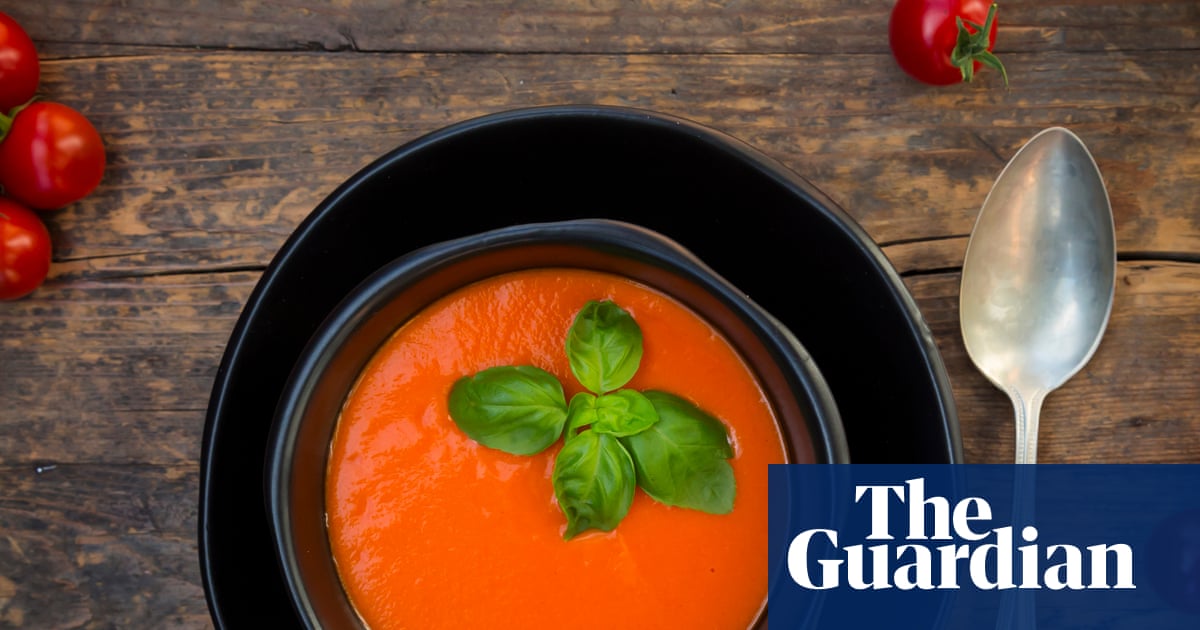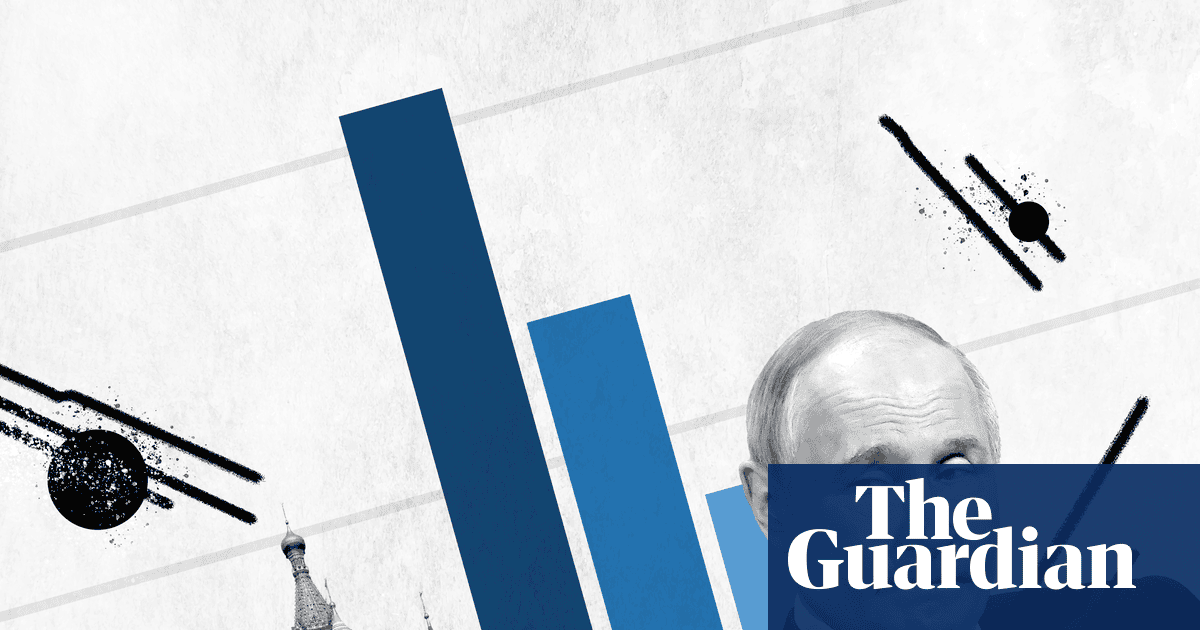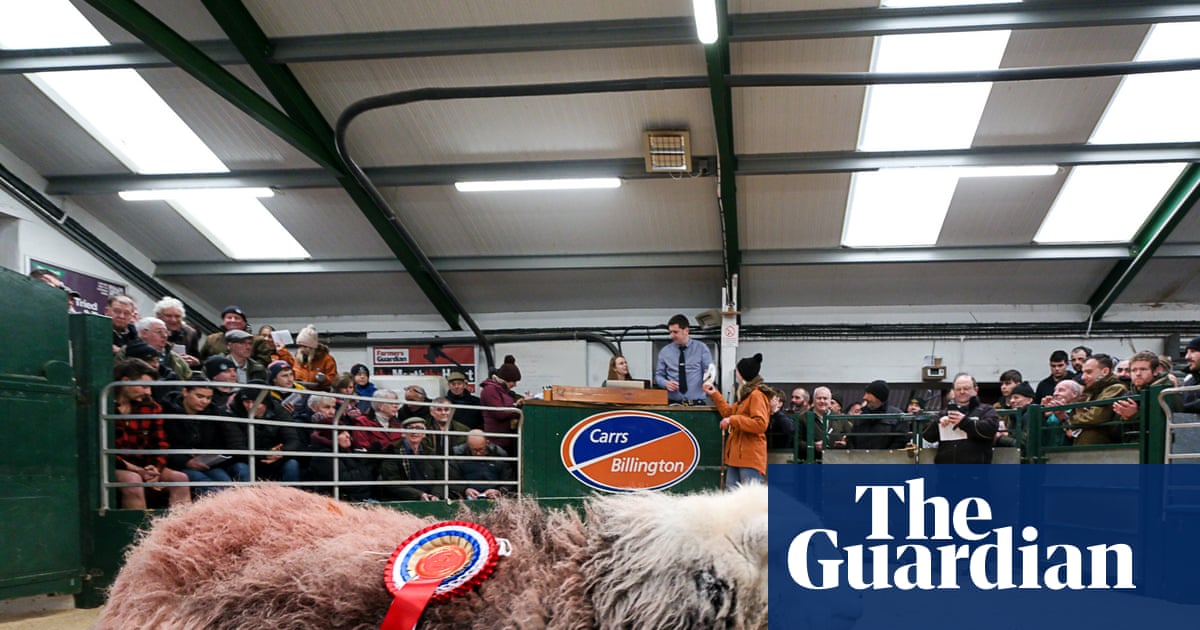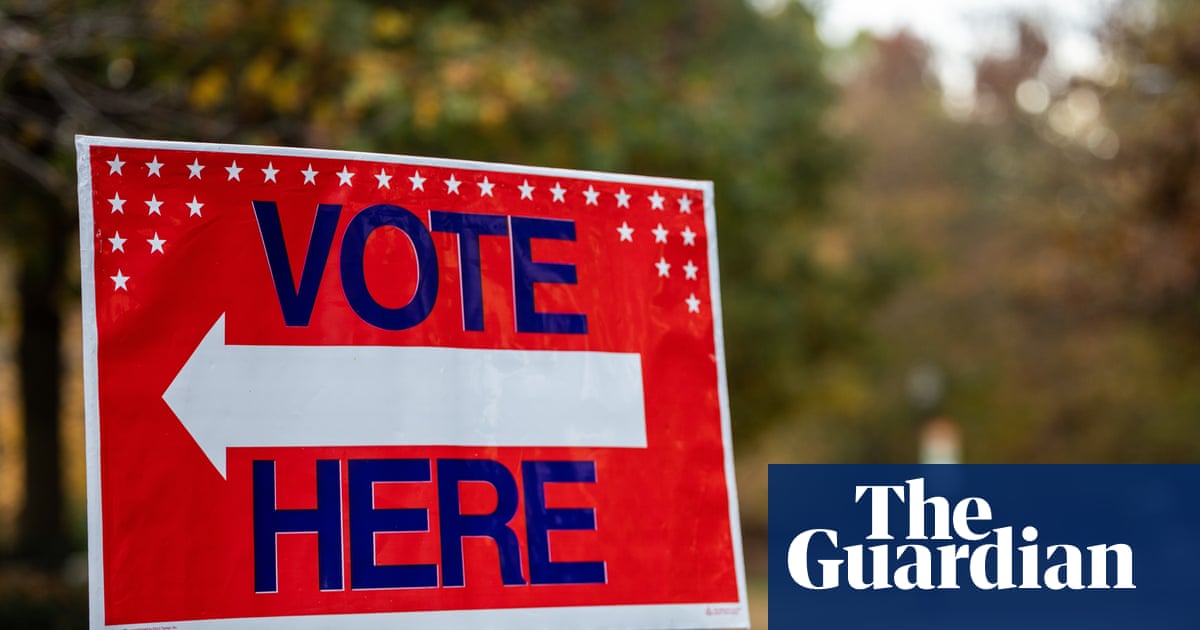Retailers suffered the slowest sales growth since May last month as shoppers were cautious in the run-up to expected budget tax rises and held out for Black Friday discounts.
Sales rose 1.6% in October, a step down from 2.3% the month before, according to the latest figures from the British Retail Consortium (BRC) trade body and the advisory group KPMG.
Food sales growth posted the biggest slowdown, by 0.8 percentage points to 3.5%, as confidence dipped, inflation eased, and shoppers began to save for the festive season.
Non-food sales were virtually flat year on year, at 0.1%, as sales of footwear, stationery and appliances fell amid milder weather and expectations of deals around the US-inspired Black Friday discount day on 28 November.
Separate figures from Barclays suggest a third of consumers were holding off on big purchases last month to wait until after the budget, with two in five adjusting their finances accordingly.
The bank said it was the first time that all seven of the measures of consumer and economic confidence it tracks had fallen since August 2022.
Confidence in household finances fell most significantly, from 74% to 63%, Barclays found. The proportion of those confident in their job security and ability to spend on non-essential items reached their lowest points since 2023 – at 44% and 51%.
Barclays said spending on its credit and debit cards fell 0.8% in October, a similar level to the 0.7% in September, with some of the biggest drops in supermarkets, department stores and discounters, while spending on electronics, fuel and motoring dived.
Retailers, including Argos and the Sainsbury’s boss Simon Roberts, have expressed concern that Rachel Reeves is due to announce her tax and spending plans a couple of days before the Black Friday promotional bonanza, which has become one of the biggest spending days of the year.
Helen Dickinson, the chief executive of the BRC, said: “Retailers are counting on Black Friday to deliver a vital boost, but looming budget decisions risk undermining fragile consumer confidence.”
after newsletter promotion
“October was a subdued month, with the weakest growth since May. Many delayed spending, waiting for Black Friday deals and cooler temperatures before buying toys, electronics and clothing. Furniture and other homeware fared better as people began preparing their homes ahead of family festive gatherings.”
She said food sales growth was “mostly driven by higher prices rather than higher volumes”.
Sarah Bradbury, the chief executive of the grocery trade body IGD, said shoppers were keeping a tight rein on the grocery spending: “Confidence has dipped, with shoppers prioritising saving money over quality for the first time this year. The news of potential tax rises will concern many shoppers, even as food price inflation eased somewhat.
“With the job market stalling and the gap between pay growth and price rises narrowing, overall shoppers aren’t feeling much benefit. Looking ahead, we predict shoppers will be extra cautious in the short term to ensure they can afford to treat themselves at Christmas.”

 2 months ago
86
2 months ago
86

















































